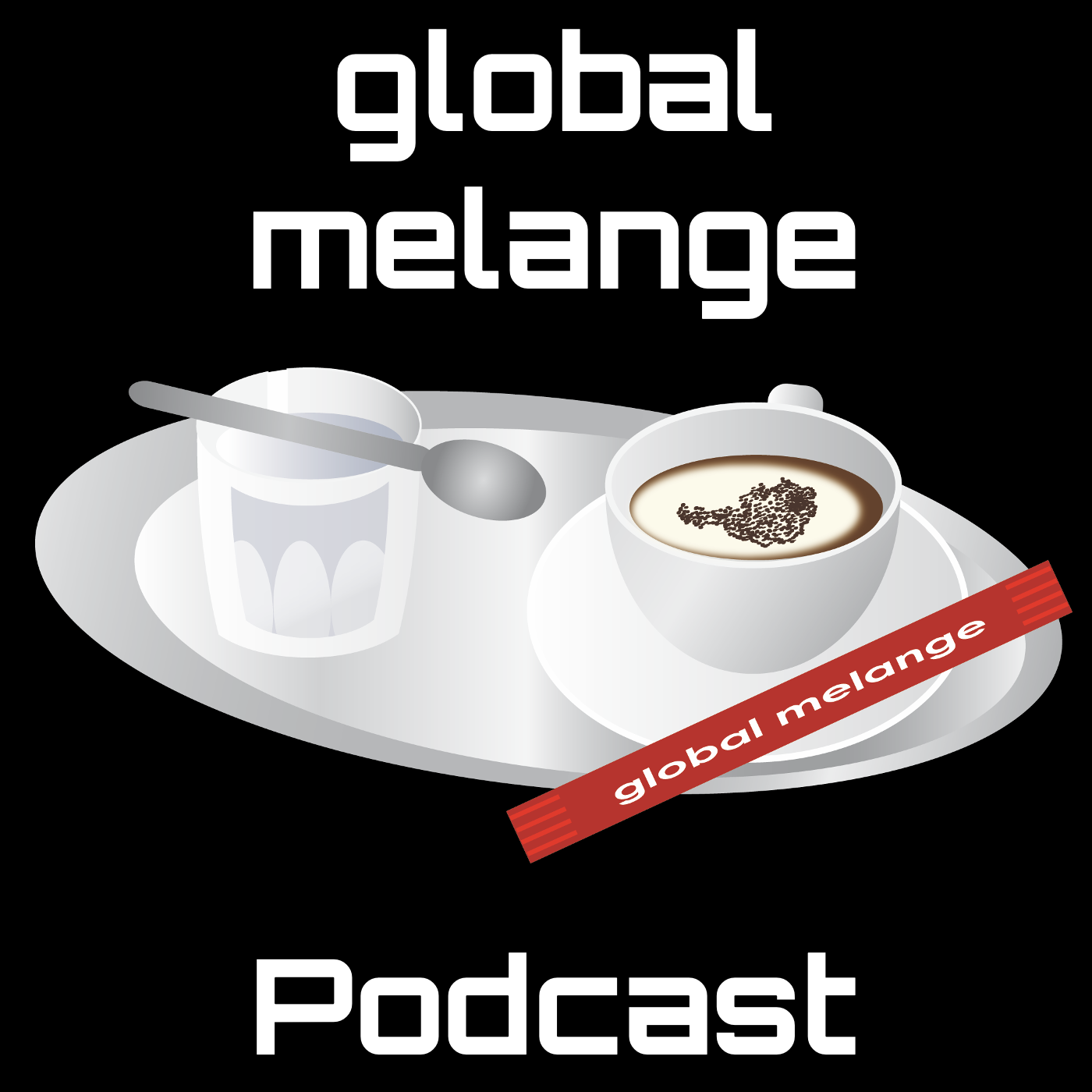 |
Talking ClimateAuthor: The Wilkes Center for Climate Science and Policy
Conversations about transformative research happening in the fields of climate science and policy at University of Utah. Language: en-us Genres: Earth Sciences, Science Contact email: Get it Feed URL: Get it iTunes ID: Get it |
Listen Now...
35: Wastewater Treatment Could be a Solution for Cleaner, More Efficient Fertilizer
Episode 35
Friday, 6 February, 2026
Episode Intro:A few weeks ago, I recorded an interview with Margaret Lumley who is co-founder and CEO of a small startup called Roca Water. Roca was one of the top runners up for our Wilkes Climate Prize in 2025. They are driving an innovative technology to tackle two different but related problems – that of water pollution and how we currently make fertilizer for growing plants, for agriculture. Wastewater is a serious climate and pollution problem, but it doesn’t get talked about a lot. Nutrients from human waste cause harmful algal blooms and generate nitrous oxide, a greenhouse gas much more potent than CO₂. At the same time, the way we produce fertilizer demands an incredible amount of carbon intensive energy to make ammonia, which is done using a chemical process invented before WWI – the Haber-Bosch process. It accounts for about 2 percent of global CO₂ emissions.Margaret Lumley’s Roca is tackling these problems by seeing wastewater as an untapped resource. She believes their technology could reduce nitrous oxide emissions at wastewater plants and displace the energy-intensive Haber-Bosch process as the only method for producing ammonia. She thinks doing this could reduce gigatons of global CO₂ emissions each year, and it could be affordable – potentially a win for municipalities that want to reduce their wastewater emissions and a win for agricultural markets that need fertilizer. So, I hope you enjoy my conversation with Margaret Lumley. A transcript of our conversation and more is available on our website. wilkescenter.utah.edu/podcast Key Takeaways:1. Wastewater is a major but underappreciated climate and pollution problem: Nutrients from human waste drive harmful algal blooms and generate nitrous oxide, a greenhouse gas far more potent than CO₂.2. Current fertilizer production is highly carbon intensive: The century-old Haber–Bosch process dominates ammonia production and accounts for ~2% of global CO₂ emissions.3. Roca reframes wastewater as a resource: Instead of treating ammonium as waste, Roca Water recovers it and converts it into market-ready fertilizer.4. Electrochemistry enables selective, efficient nutrient capture: ROCA’s battery-inspired electrodes selectively remove ammonium (>90% selectivity) even in complex wastewater.5. Durability is the core technical breakthrough: Roca’s electrodes can operate for thousands of cycles (up to ~4 years), making commercialization feasible and cost-competitive.6. The technology offers dual climate benefits at scale: It simultaneously reduces nitrous oxide emissions from wastewater plants and displaces energy-intensive ammonia production, with potential gigaton-scale CO₂e impact.Episode webpage: wilkescenter.utah.edu/podcast/35-roca-water/







new.png)

